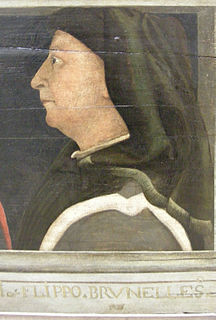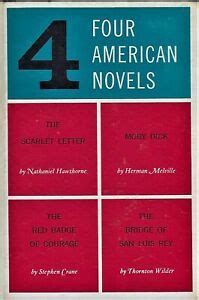A Quote by Filippo Brunelleschi
Many are ready, when listening to the inventor, to belittle and deny his achievements so that he will no longer be heard in honourable places, but after some months or a year, they use the inventor's words in speech or writing or design.
Related Quotes
Thomas A. Edison was once reluctantly persuaded by his wife to attend one of the big social functions of the season in New York. At last the inventor managed to escape the crowd of people vying for his attention, and sat alone unnoticed in a corner. Edison kept looking at his watch with a resigned expression on his face. A friend edged near to him unnoticed and heard the inventor mutter to himself with a sigh, "If there were only a dog here!"
Next came the Patent laws. These began in England in 1624; and, in this country, with the adoption of our constitution. Before then [these?], any man might instantly use what another had invented; so that the inventor had no special advantage from his own invention. The patent system changed this; secured to the inventor, for a limited time, the exclusive use of his invention; and thereby added the fuel of interest to the fire of genius, in the discovery and production of new and useful things.
In England, an inventor is regarded almost as a crazy man, and in too many instances invention ends in disappointment and poverty. In America, an inventor is honoured, help is forthcoming, and the exercise of ingenuity, the application of science to the work of man, is there the shortest road to wealth.
In England, an inventor is regarded almost as a crazy man, and in too many instances, invention ends in disappointment and poverty. In America, an inventor is honoured, help is forthcoming, and the exercise of ingenuity, the application of science to the work of man, is there the shortest road to wealth.
I consider myself an inventor first and an entrepreneur second. In real life, my hero is Thomas Edison. He was a great inventor, but also an outstanding entrepreneur who was able to sell his inventions to the masses. He didn't just develop the light bulb; he invented the entire electric grid and power distribution system.
A scientist, an artist, a citizen is not like a child who needs papa methodology and mama rationality to give him security and direction, he can take care of himself, for he is the inventor not only of laws, theories, pictures, plays, forms of music, ways of dealing with his fellow man, institutions, but also entire world view, he is the inventor of entire forms of like.
At the Egyptian city of Naucratis there was a famous old god whose name was Theuth; the bird which is called the Ibis was sacred to him, and he was the inventor of many arts, such as arithmetic and calculation and geometry and astronomy and draughts and dice, but his great discovery was the use of letters.




































